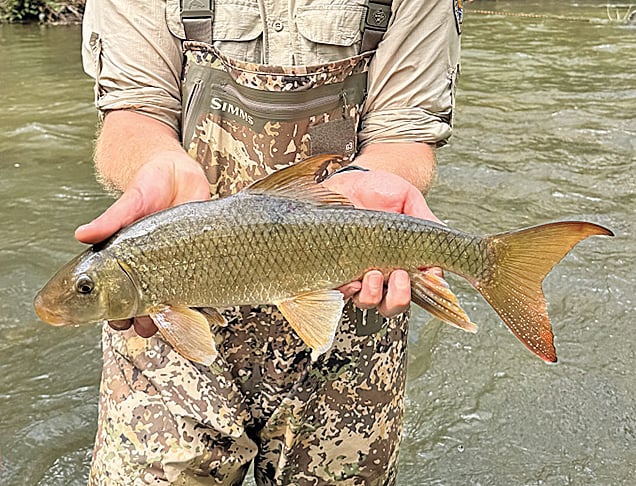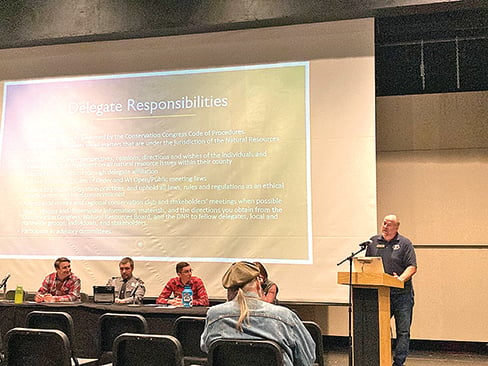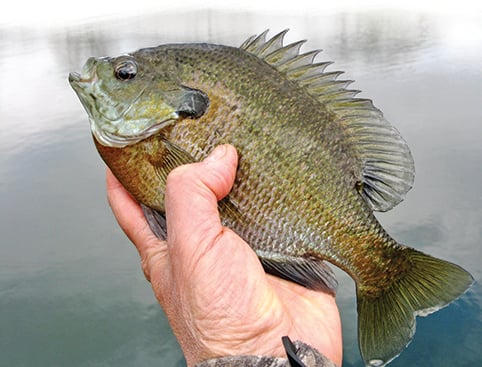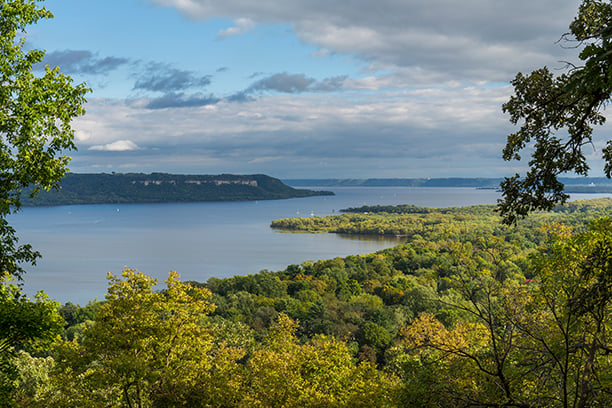Clear Lake opened to unlimited fishing in Minnesota’s Sibley County – Outdoor News

Hutchinson, Minn. — The Minnesota DNR has opened Clear Lake in Sibley County to unlimited fishing, allowing anglers to harvest fish that would likely not survive the upcoming winter during low water conditions on the 505-acre lake.
As part of a project to improve fish and wildlife habitat on Clear Lake, this spring the DNR will begin to lower the lake’s water levels. The lake has been overwhelmed by large numbers of common carp, causing turbid water and impeding aquatic plant growth. The lowered water levels will mimic a drought, which can act as a natural “reset” to an ecosystem.
The drawdown will occur throughout the open-water season of 2024. Plans call for lowering water levels by about 4 feet to create conditions for a winterkill to reduce common carp populations. The drawdown will also allow sediments to consolidate, which will allow new growth of submergent and emergent vegetation.
“Unlimited fishing presents an opportunity for anglers to harvest fish in Clear Lake as we proceed with the drawdown,” said Scott Mackenthun, Hutchinson area fisheries supervisor. “Clear Lake has suffered from impaired water quality for two decades.”
MORE COVERAGE FROM MINNESOTA OUTDOOR NEWS:
New Wildlife Management Area in Minnesota unveiled just miles from Rochester
A recap of Minnesota’s 2024 legislative session and how it impacts outdoor users
Northern Minnesota’s ‘Pit lakes’ offer a special variety of fishing
Unlimited fishing on Clear Lake will be in effect through Feb. 23, 2025. Anglers should check important rules for unlimited fishing that are available on the Minnesota DNR website.
Once water quality is improved, the DNR will stock walleyes, northern pike, yellow perch, and bluegills in Clear Lake.
Common carp can have a negative effect on water quality when they uproot native plants and disturb phosphorous-rich bottom sediments through their feeding habits.
A Minnesota Pollution Control Agency watershed assessment performed in 2017 found that Clear Lake had phosphorus levels more than three times the level that delineates an impaired water from non-impaired.
Anyone with questions about the Clear Lake project may contact Mackenthun at [email protected] or at (320) 753-0324.






